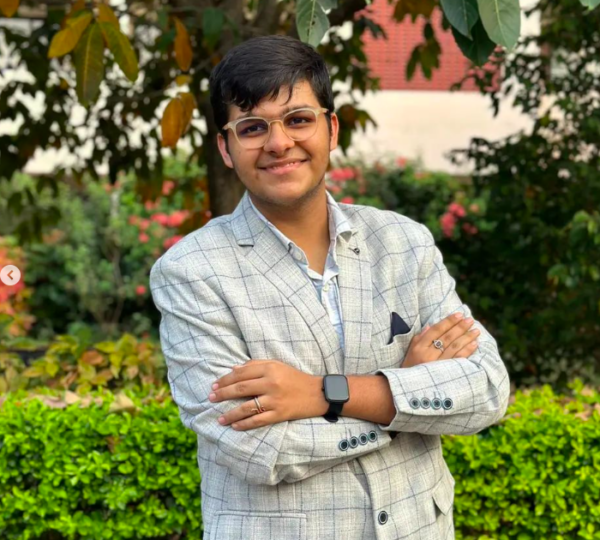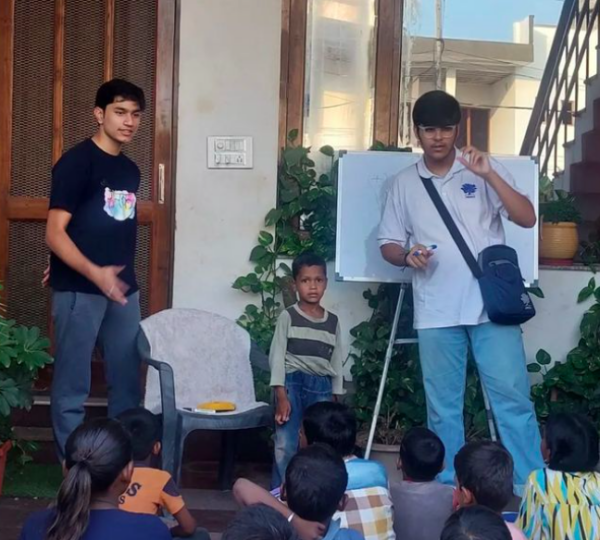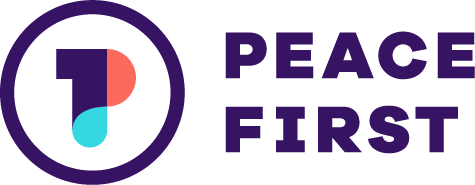From Conflict to Compassion: My Journey in Transforming Mental Health Awareness in Jammu and Kashmir
By Krishna Saproo, Founder Maunitva Nirakarn

Growing up in Jammu and Kashmir, a region often marked by turmoil and conflict, I became acutely aware of the pain and suffering that can take root in the human spirit. From a young age, I felt a strong desire to make a difference, even if I wasn’t sure how. By the time I was 11, my interest in climate justice and diplomacy began to take shape, driven by a deep-seated need to contribute positively to a world that often felt chaotic.
The troubles from conflict and militancy permeate the minds and bodies of people of all ages, burdening them with various afflictions. The lack of avenues for dealing with such issues, combined with the unrelenting stigma attached to discussing mental health and seeking help, has only exacerbated the problem. Observing this within my own family and neighborhood initially sparked my interest in this field.
It wasn’t until I reached the 10th grade that my purpose truly began to crystallize. I noticed a classmate who had become increasingly aloof, withdrawn, and silent. Despite my best efforts to reach out, he remained isolated, rejecting any attempts at communication. This experience sparked a profound realization in me—there were likely many others suffering in silence, unable to express their struggles or seek help. This observation led me to delve deeper into the mental health challenges faced by students and internally displaced people (IDPs) living in camps, who often endure unimaginable hardships with little to no support.
One incident that particularly struck me was during a webinar where a family shared their story. Their child, fond of the river Jhelum, kept insisting that “just like the deep water of Jhelum, there’s something deep that affects my brain.” This profound statement led to the discovery that the child was showing symptoms of PTSD. After connecting the family with experts, they not only received the help they needed but also took it upon themselves to spread awareness among other parents. This moment highlighted the far-reaching impact of mental health awareness and the importance of early intervention.
Motivated by these experiences, I resolved to confront this invisible enemy: mental health issues. Initially, I was alone in my efforts, struggling to promote awareness and break through the stigma that often surrounds mental health. Being from Jammu and Kashmir added another layer of difficulty. The
region’s history of conflict has often cast a shadow over its people, leading to discrimination and misunderstanding. I’ve faced numerous challenges, from skepticism to outright prejudice, simply because of where I come from. But as the saying goes, “The strongest people are not those who show strength in front of us, but those who win battles we know nothing about.I eventually found a few like-minded friends who shared my passion and commitment. Together, we launched a campaign to raise awareness about mental health, focusing on identifying and reaching those who seemed to be struggling in silence.

Our journey was far from easy. The shame and stigma associated with mental health issues made it difficult to encourage people to open up and seek help. As a young student, I found it particularly challenging to convince others—many of whom were older and more experienced than I—to discuss their problems. But I refused to give up. My team and I gathered all the resources we could find, incorporating the latest research and developing strategies to reach those in need. We drew inspiration from Sangeetha Chikithsa, an ancient Indian technique that uses music as a means of connecting with people on a deeper level.
Our efforts gradually began to bear fruit. The feedback we received was encouraging, and slowly but surely, Maunitva Nirakaran, our mental health awareness campaign, started to grow. Today, the campaign has garnered recognition and support from many who once hesitated to acknowledge the importance of mental health.
What drives me is the knowledge that, no matter where you come from or what challenges you face, you have the power to make a difference. The pain I witnessed in my community fueled my passion, and my commitment to helping others has only grown stronger over time. I am deeply motivated by the belief that everyone deserves the opportunity to heal and thrive, and I am dedicated to continuing this journey, no matter how difficult the path may be.


